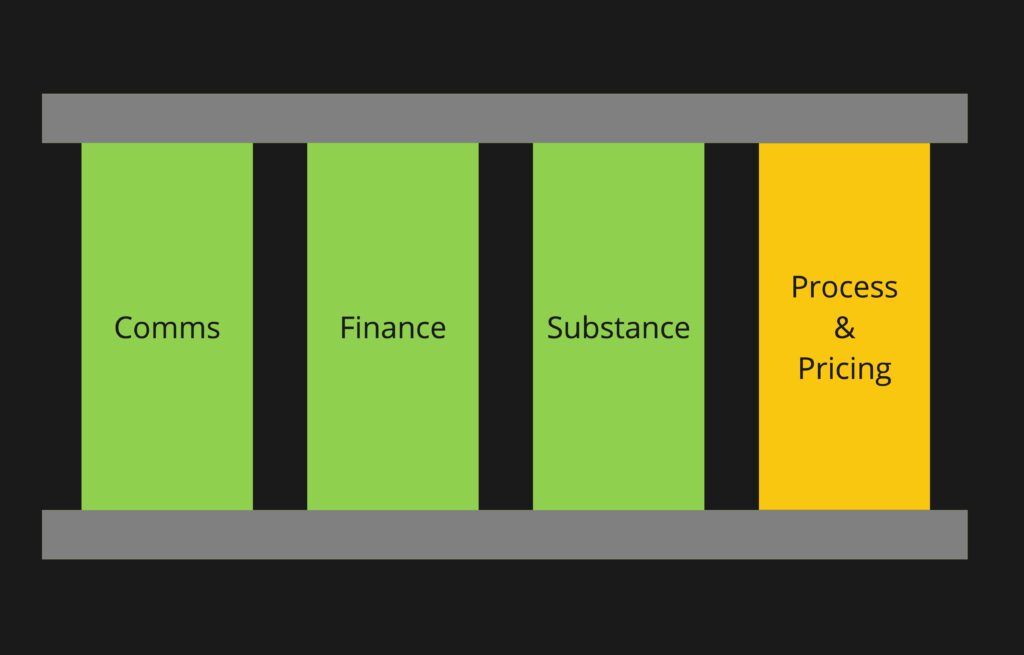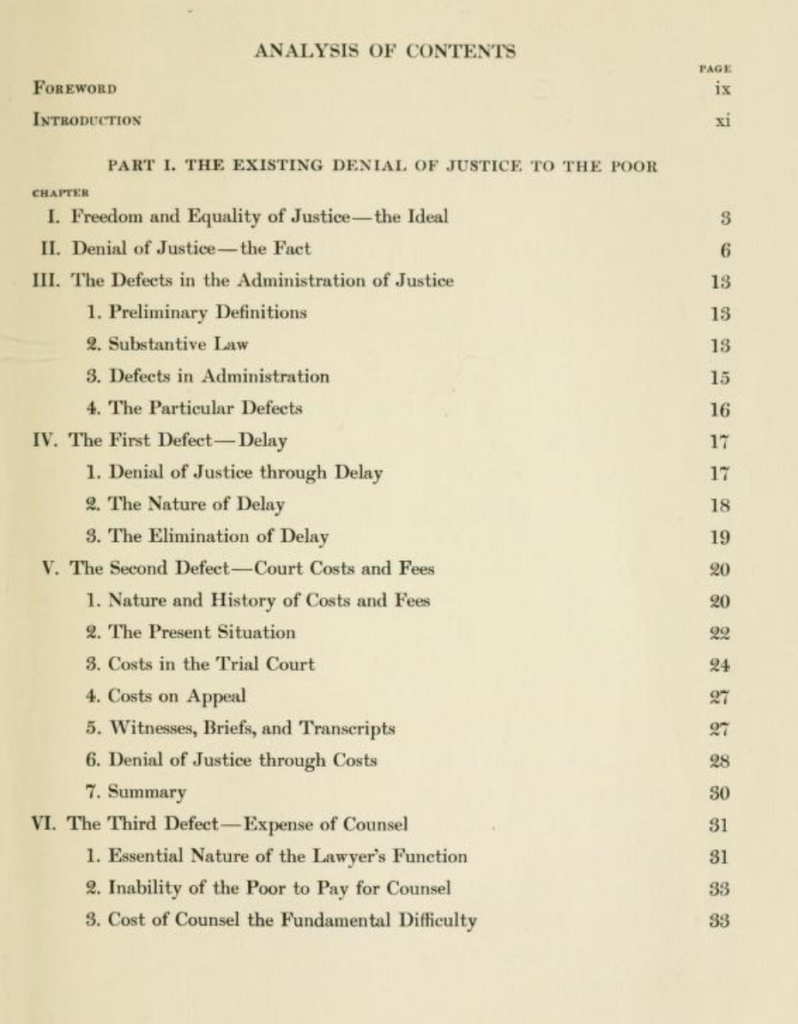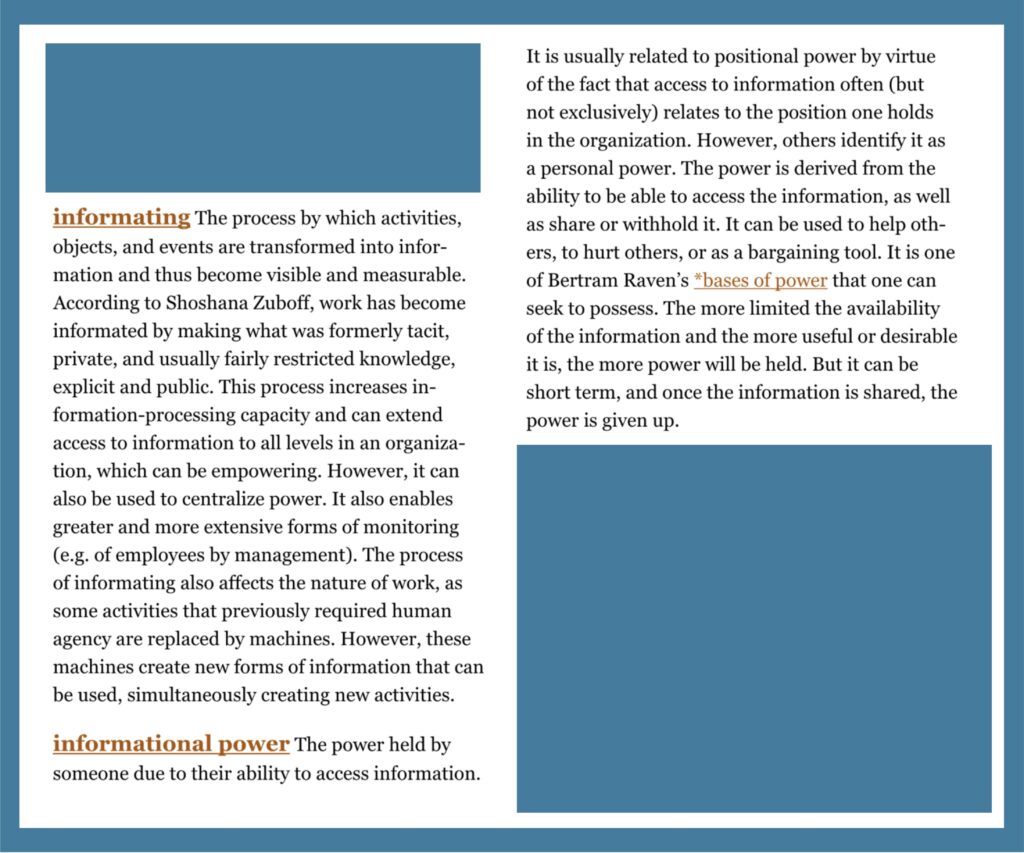Legal work: times never a-Changin’?

Graeme Johnston / 16 July 2023 Olas de gordo aceite son mis días:pasan tan lentamente que no pasan.Los hombres a mi lado miran, pasan,lentos también como mis lentos días. El futuro está ahí, lleno de días,pero es un duro charco: por él pasanlentas sombras de sueños cuando pasan…Nocturnos cielos cúbrenme los días. Aprendí, me enseñaron […]
A fourth pillar for legal work: process and pricing

Graeme Johnston / 10 July 2023 The argument of this article is that people doing legal work typically utilise three highly-developed technology pillars but that a fourth needs more attention if real progress is to be made with the crucial challenges of improving both quality and pricing. I freely admit that this is not […]
Making legal simpler, without being simplistic
Graeme Johnston / 26 May 2023 Reading Colin Burrow’s new review (“Algorithmic Fanboy”) of Lorraine Dalston’s recent book (“Rules: a short history of what we live by”), I’m drawn back into a topic of central fascination for me over the last thirty years. How, in short, can we make requirements and expectations accessible and meaningful, […]
Unintended consequences: a short introduction to the work of Reg Smith on legal process and cost

Graeme Johnston / 13 April 2023 This is just a short piece to introduce the work of Reginald Heber Smith (Reg Smith) who lived from 1889 to 1966, and whose impact on legal work is not as widely known as I think it should be. He studied law in the years 1910-1914. After that, […]
Tomorrow, and tomorrow (#5 of 5)

Graeme Johnston / 10 March 2023 The cartoon is English and almost two hundred years old. It dates from just before the start of several decades of radical changes in English law and court procedure. The artist dreams of sweeping away, among other things, the incomprehensible ‘Special Pleaders & their wigs also’ together with ‘Delays […]
Sound and fury? (#4 of 5)

Graeme Johnston / 3 March 2023 This is the fourth in a series of five posts about time recording and billing in legal work. The first three outlined the history, current status, benefits and problems of that system in England & Wales, and in the United States. This one discusses the forces which may tend […]
This petty pace (#3 of 5)

Graeme Johnston / 24 February 2023 This is the third post in a series of five. It covers the benefits and problems of time-based billing and why change is so difficult. In contrast to the prose of the first and second posts, this one comprises lists. The fourth and fifth posts will explore their implications. […]
A walking shadow (#2 of 5)

Graeme Johnston / 17 February 2023 ‘You have your principles, but then there is also the commercial reality’ Head of a specialist litigation function at a law firm, quoted by the Solicitors Regulation Authority – 14 February 2023 This is the second post in a series of five about time recording in legal services. The […]
Syllables of recorded time (#1 of 5)

Graeme Johnston / 10 February 2023 This is the first in a series of five posts discussing time recording in legal services. The intended topics are: 1) Setting the scene – the history and current status of time-recording practices – this post, Fri 10th Feb 2023 2) Different types of pricing and target – appearance […]
Information as power

Graeme Johnston / 30 January 2023 Informating …[A]ctivities… are transformed into information and thus become visible and measurable… [This] can be empowering. However, it can also be used to centralize power… [to] enable… monitoring… and [to replace people] by machines. However, these machines create new forms of information that can be used, simultaneously creating new […]
